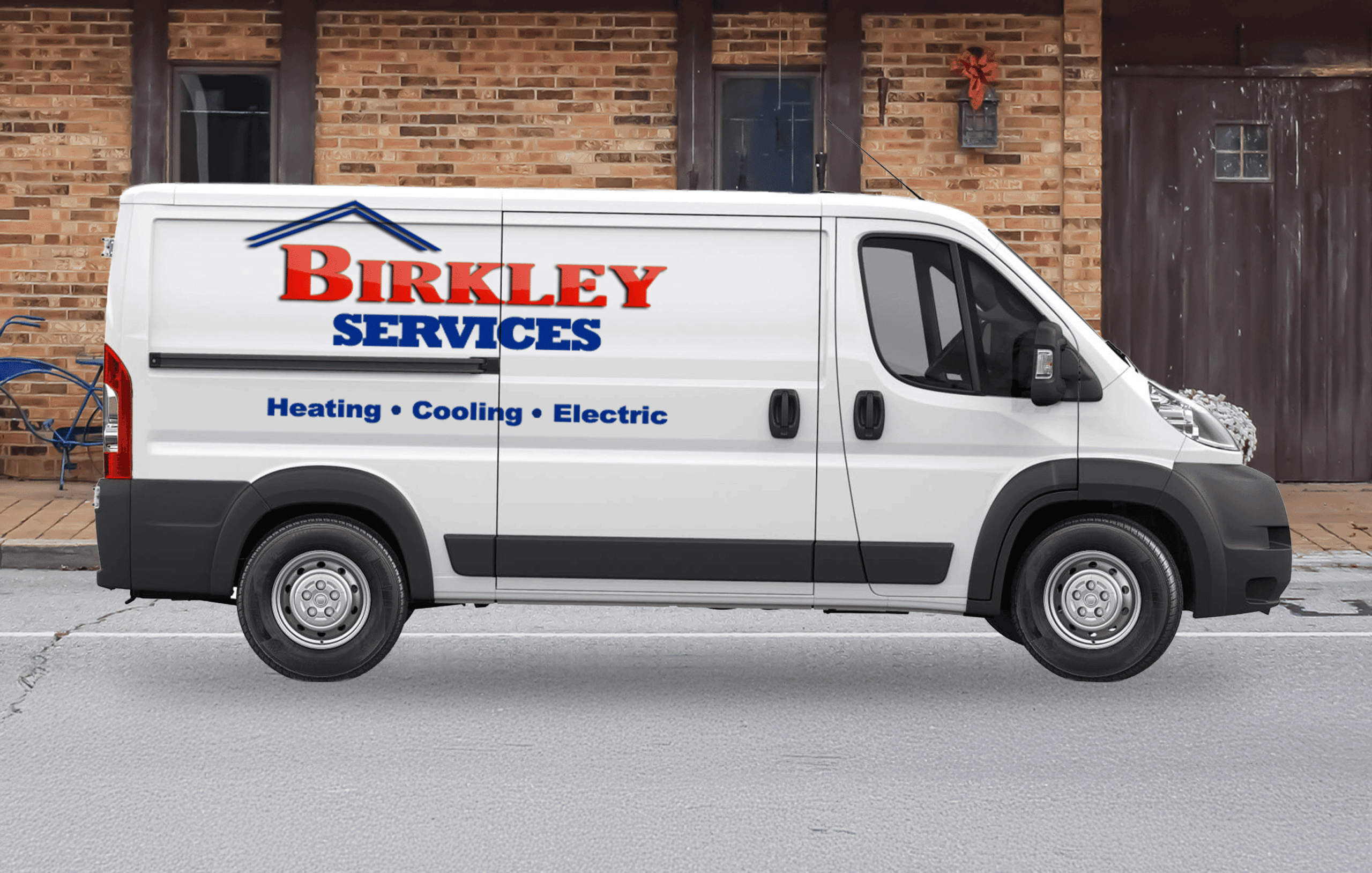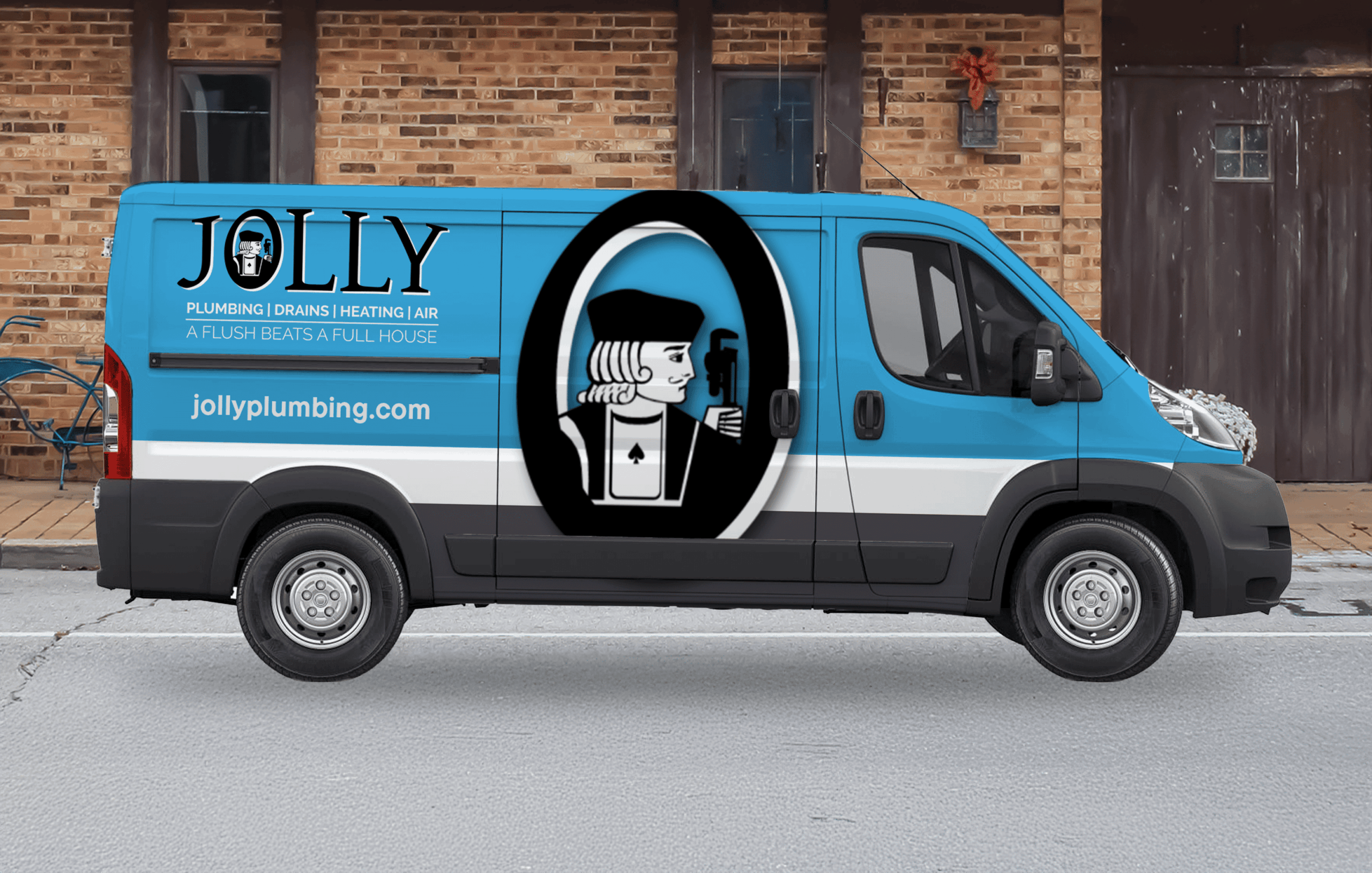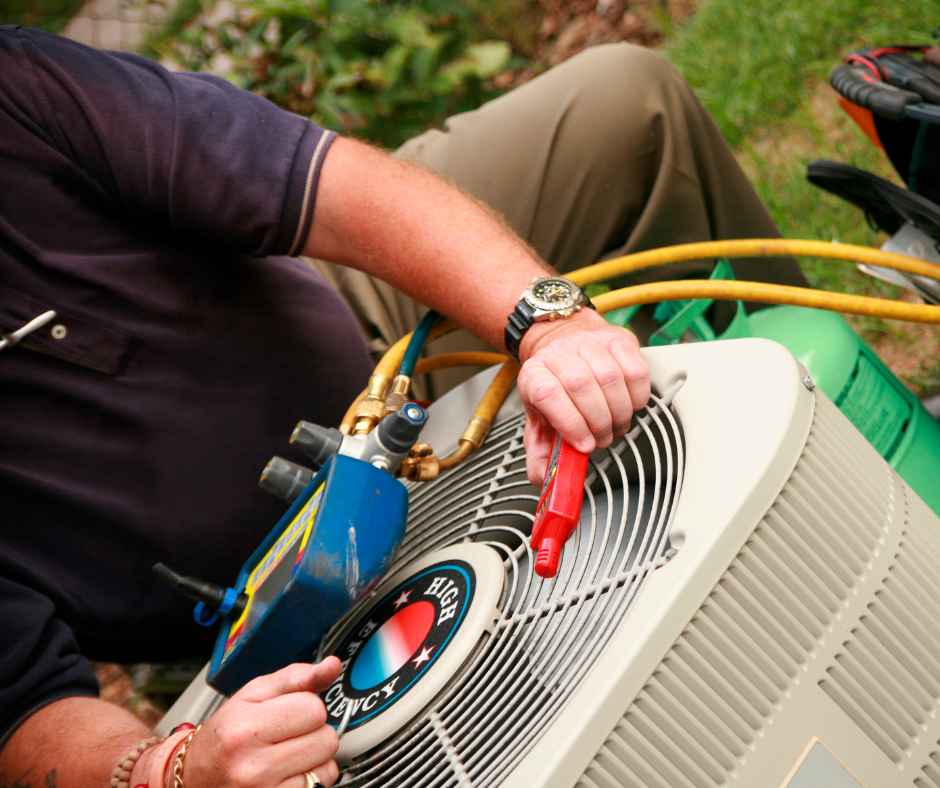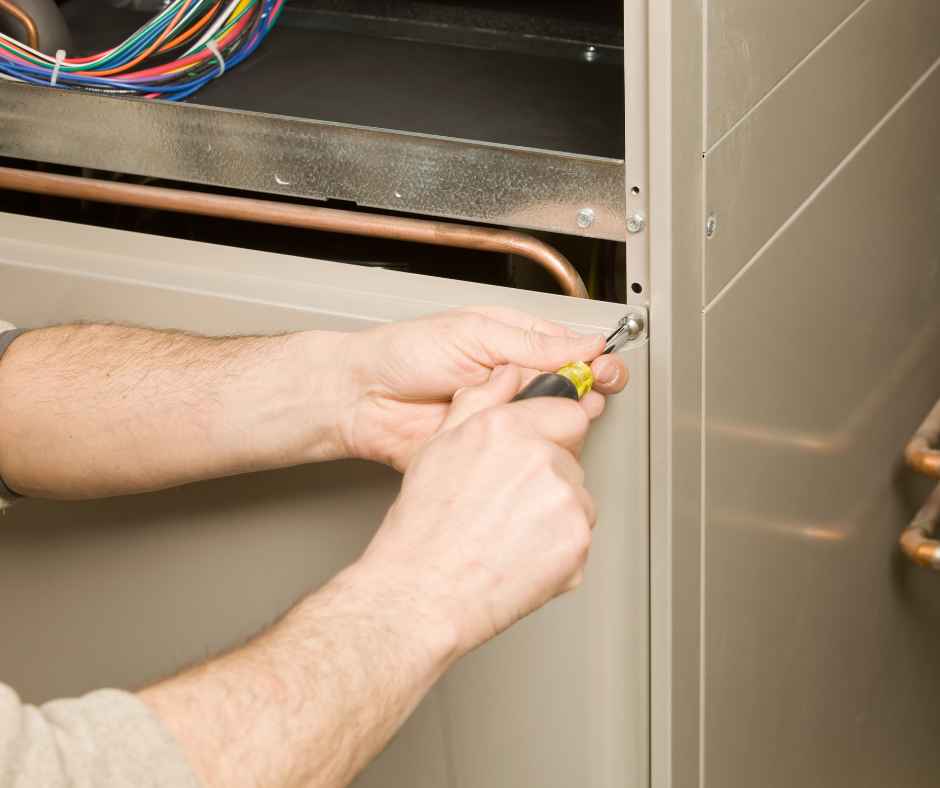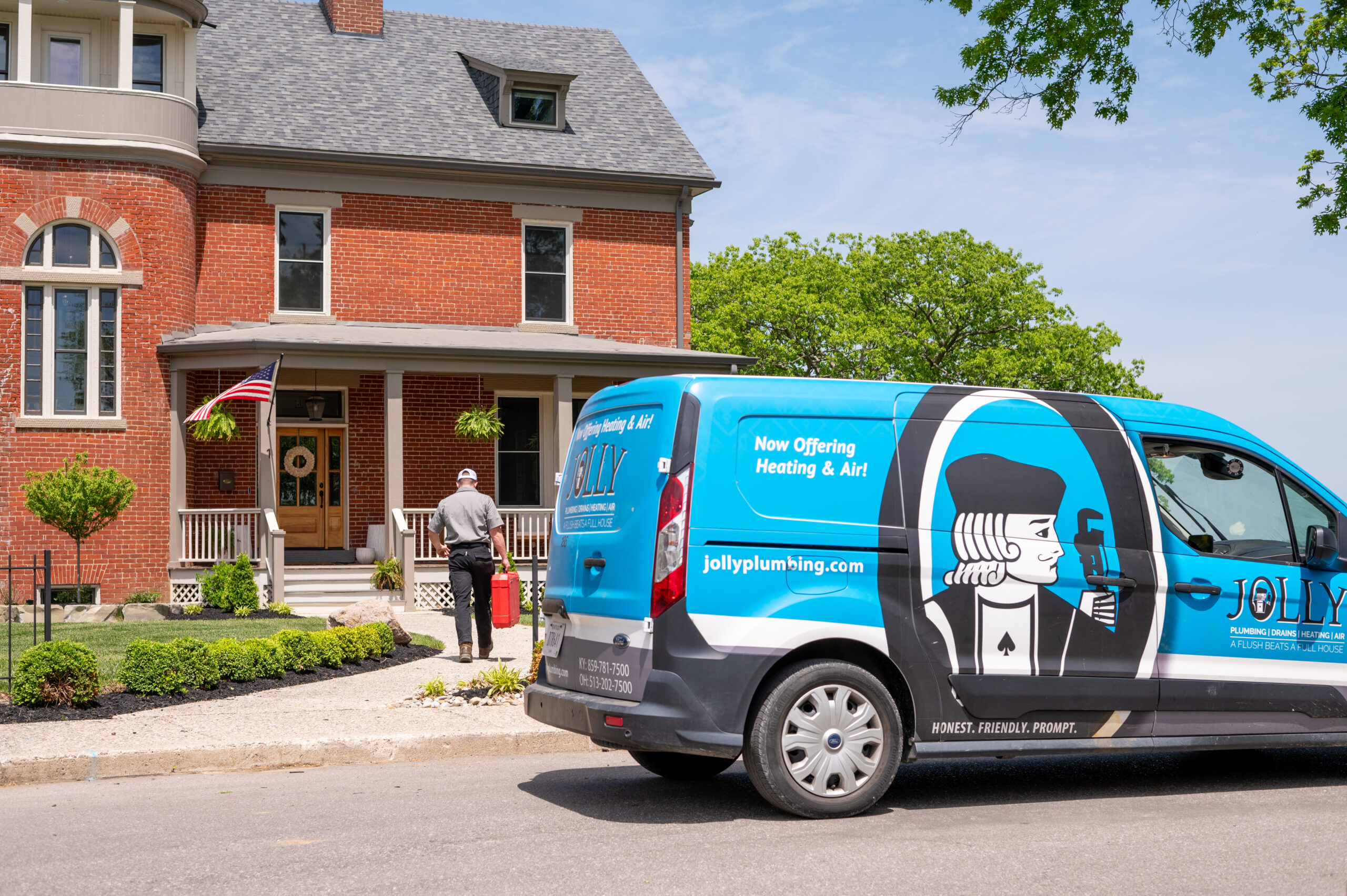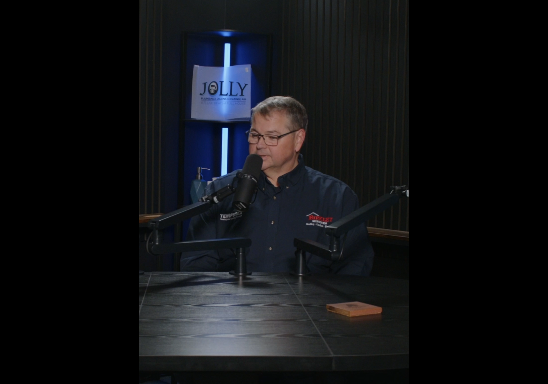Having a reliable and safe water supply is essential for any home. Unfortunately, corroded pipes can cause water line damage that affects the quality of your drinking water and can lead to costly repairs.
Corrosion is one of the main culprits behind water line damage, so it’s essential to understand how corrosion works and what you can do to prevent or repair this type of damage in your home.
In this blog post, we’ll look at corrosion’s role in water line damage and provide some tips on how to protect your plumbing system from further harm.
What Is Corrosion?
Corrosion is the process by which a metal surface gradually wears away due to chemical reactions with its environment.
The most common form of corrosion involves oxidation, which occurs when oxygen molecules come into contact with metal surfaces and causes them to corrode over time.
When your water pipes are exposed to corrosion, they can become weak and brittle. This weakness makes the water lines more susceptible to damage from pressure or a sudden impact such as an earthquake.
Common Causes of Corrosion in Water Lines
Several factors cause corrosion in water lines.
pH Levels and Acidity
The pH level of your water can determine how much corrosion occurs in your pipes. Low pH levels indicate acidic water, which is more likely to corrode metal surfaces such as copper plumbing. Water becomes more acidic when it comes into contact with minerals such as sulfur, nitrates, and carbon dioxide.
Soil Type
Water acidity and soil type are intertwined. Different soil types can react differently with water and influence its pH level, affecting the corrosion rate.
Sandy soils are particularly prone to causing corrosive conditions due to their low buffering capacity. On the other hand, clay soils tend to have a higher buffering capacity, making them less likely to cause corrosion.
Water Pressure
High water pressure and temperature can both contribute to pipe corrosion. When too high, pressure can cause microfractures in the metal surface of the lines, allowing corrosive elements to get inside. Similarly, hot water is more likely to corrode copper piping because it accelerates oxidation reactions.
Climate Variations
The climate also plays a role in the corrosion of water lines. Frigid temperatures, for example, can create conditions where ice forms inside the pipes that could result in cracking and other damage.
Temperate climates that experience large temperature fluctuations can also cause corrosion due to the expansion and contraction of pipes as temperatures rise and fall.
Signs of Corrosion in Water Lines
Identifying the signs of corrosion in water lines can be tricky, but there are a few telltale signs that you should look out for.
If your water has a yellow or brown tinge to it, this could be an indication of corrosion. This discoloration is caused by metal particles released into the water due to corrosion.
Corrosion can also cause an unpleasant odor and taste in your drinking water. This can range from metallic tastes to chemical smells, depending on the type of corrosion in the pipes.
Other signs to look out for include bubbling paint, flaking, and rust on the pipes or fixtures.
If you suspect corrosion in your home’s water lines, it is vital to act quickly, as further water line damage could occur if left untreated. Corrosion can cause leaks and result in costly repairs, so be sure to call a professional plumber for an inspection if you notice any of these signs.
Preventing Corrosion in Water Lines
Fortunately, there are steps you can take to help prevent corrosion in water lines.
Maintain Water Quality
Maintaining water quality is an excellent place to start when it comes to corrosion prevention.
Hard water, or water with high mineral content, can corrode copper and other metal water pipes by leaving behind mineral deposits inside the pipes. To prevent this, install a water softener to reduce the concentration of minerals like calcium and magnesium in your home’s water supply.
Install Protective Coating or Lining
Installing a protective coating or lining to the interior of your water pipes is another excellent way for corrosion prevention. This can help protect against the infiltration of corrosive chemicals and other contaminants that can cause damage, as well as limit chemical reactions between metal and water.
Practice Regular Maintenance
Inspecting your home’s water lines regularly is essential to ensure they are not corroding. If you notice any signs of corrosion, it’s vital to have them repaired immediately. Having a professional inspect your pipes every few years is also a good idea.
Repairing Water Lines Damaged by Corrosion
Water line repair can be complex and expensive, so it is best to act quickly if you suspect corrosion in your home’s water lines. Here are the steps you can take for an effective water line repair.
Evaluate the Damage
If you notice corrosion on your water lines, taking a few steps to assess the damage is crucial.
Inspect the affected areas carefully and check for any signs of leaks or other damage. If possible, use a flashlight and mirror to look for signs of deterioration within hidden areas of the pipe.
Put Together a Repair Plan
Once you have assessed the extent of the damage, you will need to devise a repair plan. Depending on the severity of the corrosion, this could range from simply replacing certain parts of your plumbing system to completely re-piping your entire home.
Execute the Repair
If you decide to take on the job yourself, ensure you have all the necessary tools and materials before starting. This includes replacement parts, pipe cutters, wrenches, and any other items needed for the job.
If the corrosion is too extensive or you are not comfortable attempting the repair yourself, it may be best to hire a professional. They can accurately assess the extent of your damage and provide you with an estimate for repairs.
Test and Inspect Repairs
After the repairs are complete, it’s essential to test your lines and ensure everything is functioning correctly.
If possible, try turning on all faucets in the home simultaneously to check for any signs of leaks or other damage.
Prevent Water Line Damage With Jolly Plumbing
Corrosion in water lines can lead to costly repairs, so taking the necessary steps for prevention is vital.
At Jolly Plumbing, our experienced technicians can inspect your water lines and provide you with a detailed report of any potential issues. We also offer installation and repair services for corrosion-damaged water lines.
Get in touch with us today to learn more and keep your home’s plumbing system running smoothly!
